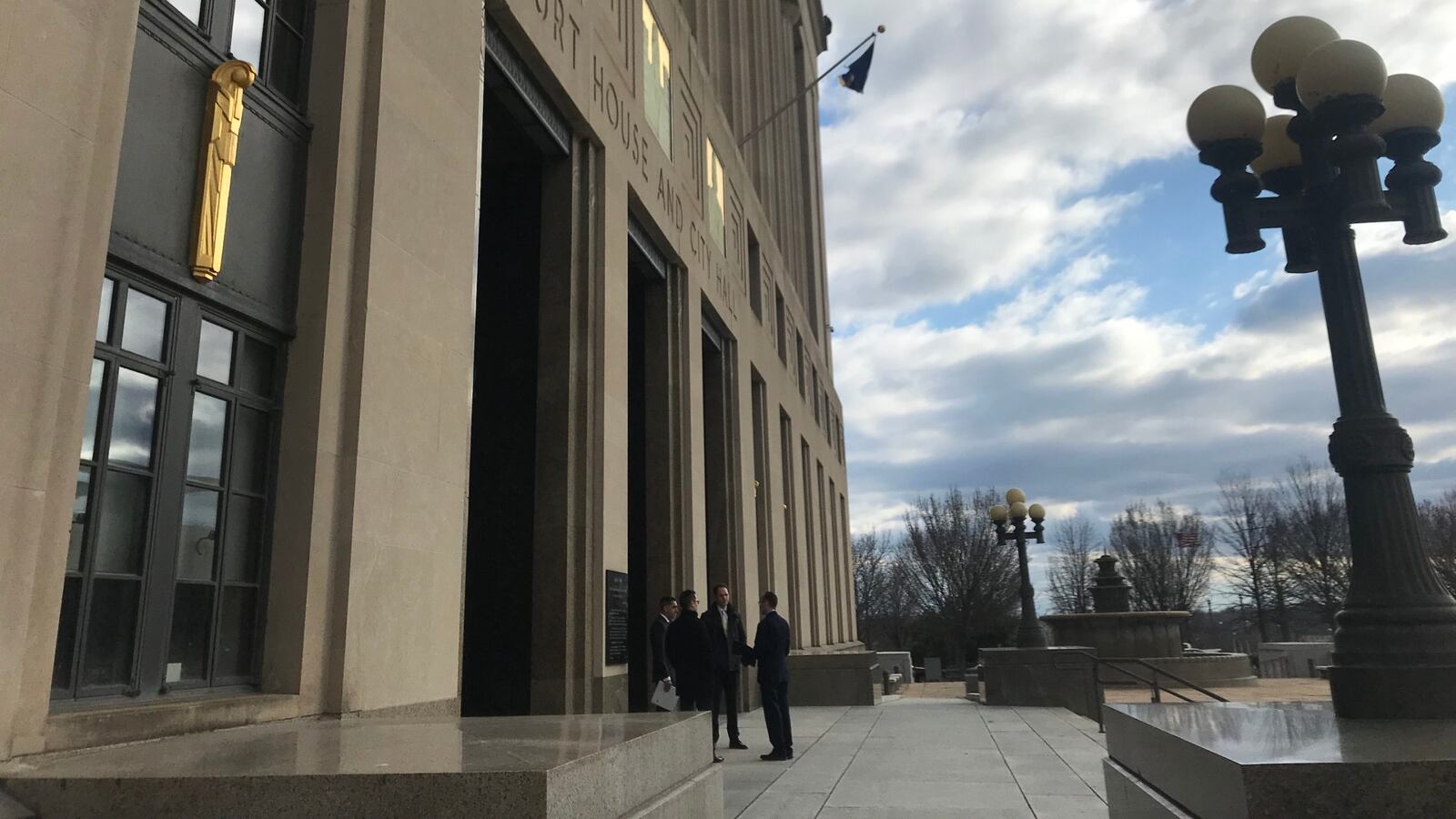A Nashville judge promised Friday to move expeditiously in the widening court battle over Tennessee’s new education savings account law as the state works to launch the program for the upcoming school year.
Chancellor Anne C. Martin also indicated that she likely will allow three pro-voucher groups representing parents from Memphis and Nashville to become part of the case.
The hearing in Davidson County Chancery Court was the first since the state was sued last month by Nashville and Shelby County governments, as well as Metropolitan Nashville Public Schools, over the constitutionality of the 2019 law.
The suit seeks to void the controversial law in a case that could take months and even years to work through the courts. However, the voucher program, which sets aside public money for eligible students to attend private or parochial schools in Memphis and Nashville, is expected to begin accepting applications from families as soon as this month.
“I am somewhat concerned about the tight timeline of the school year,” Martin told attorneys as she promised that the court will be “getting to the meat of these issues quickly.”
Several dozen attorneys filled the courtroom as Martin thanked intervening parties who agreed in advance to consolidate motions and limit the depositions they’ll pursue.
The groups include the Arlington, Virginia-based Institute for Justice, which is representing Natu Bah and Builguissa Diallo, two Memphis parents whose children currently attend Shelby County Schools but want to tap taxpayer money for private schools under the new law.
Their attorney, Arif Panju, described his clients as “two African hair-braiders who are of modest means who for the first time in their life can have an alternative option in their school assignment.”
The Beacon Center of Tennessee and the Chicago-based Liberty Justice Center have agreed to work together to represent five Nashville and Shelby County parents whose children now attend public schools but want to enroll in private or parochial schools through the emerging state program.
A statement Friday from Beacon Center CEO Justin Owen said his group wants to ensure that those parents “bring their unique perspective to defending educational choice in court.”

Governments in Memphis and Nashville have urged Martin not to allow the groups to intervene, arguing in one court filing “that the [state] Attorney General’s Office is well-equipped to represent all interests.”
Meanwhile, Attorney General Herbert Slatery III has a March 11 deadline to file the state’s first response to the lawsuit, which argues that the education savings account law “unilaterally and arbitrarily” targets Tennessee’s two largest cities while their elected local officials overwhelmingly oppose the program. The complaint also says that the law saddles those communities with an unfair financial burden by transferring state and local funds from struggling public schools to private schools.
Attorneys for Metro Nashville, which is taking the lead in the lawsuit, are expected to file a motion in the weeks ahead asking that Martin rule in their favor without requiring a trial. They will zero in on the Tennessee Constitution’s “home rule” provision, which prohibits the legislature from arbitrarily singling out individual counties unless approved by two-thirds of the members of those counties’ legislative bodies, or a majority of voters.
A second lawsuit challenging the voucher law was filed earlier this week by attorneys representing 11 parents in Memphis and Nashville through the Southern Poverty Law Center, the Education Law Center, the American Civil Liberties Union of Tennessee, and the Nashville law firm of Robbins Geller Rudman & Dowd LLP.


